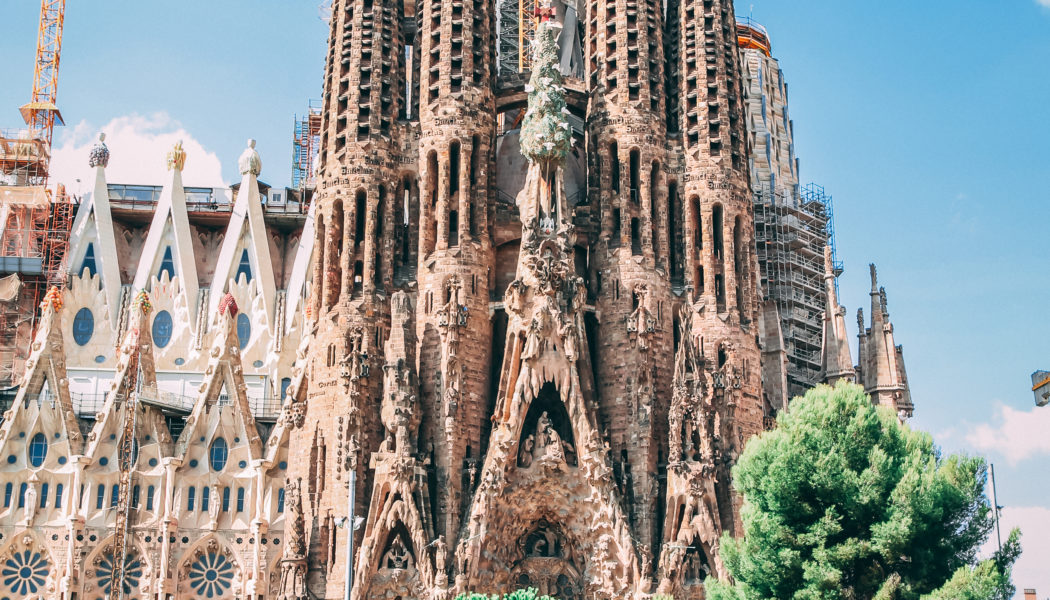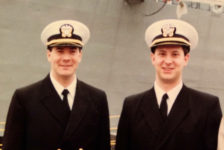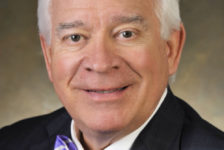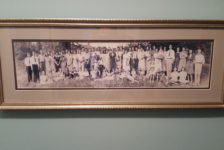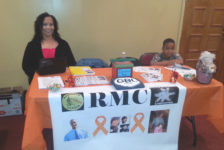Six months before he died, my husband Chris watched a documentary about La Sagrada Familia, a basilica in Barcelona, Spain. He became fascinated with the project and told me how much he wanted to see it in person.
Begun in 1882, La Sagrada Familia has been under construction for more than a century. When architect Antoni Gaudi first designed the project, he knew it would never be completed in his lifetime, and when he died, only a quarter of his vision was constructed. It’s estimated to be complete in 2026, and when it is done, it will be the tallest religious structure in Europe.
I don’t know what it was about this building that fascinated Chris so much. Perhaps it was the grandiosity and magnitude of the effort. Perhaps it was the perseverance of so many to bring the project to fruition. Or perhaps the splendor of a building dedicated to the concept of eternal life provided him comfort as he faced the certainty of death. All I knew was that I wanted to make his wish come true by taking him to Spain.
I priced tickets and hotel rooms, but ultimately, I gave up on trying to surprise him, not because of cost but because Chris’ cancer was progressing so rapidly. I feared being so far away from our medical team – what if something happened? The gravity of being responsible for his care in another country was too much for me to bear. To this day, I regret not going anyway.
It’s been six years since he died, and this year ESMO, one of the largest oncology conferences in the world, is being held in Barcelona. I’m looking forward to hearing from the world’s greatest minds in this fight against the many diseases we call cancer.
But more than anything, I’m looking forward to seeing La Sagrada Familia. Chris’s wish was no different than any other dying patient’s wish—to see one more wonder, to experience just one more thing. The marriage of a child, the birth of a granddaughter, one more baseball game, a hug from a friend, the kiss of a loved one. Just one more …
This week, there will be countless presentations on the minutest details of treatment and care for cancer. Many abstracts will represent small, incremental advances that won’t impact patients battling cancer right now. They are bricks raising a grand structure that might not be completed during our lifetimes. Like Gaudi, the completed vision exists and the knowledge that we might never see the completed work doesn’t change our hope for the future or tireless dedication to realizing that vision.
If you’re traveling to Barcelona this weekend, I hope you’ll take a moment out of a packed conference schedule and visit La Sagrada Familia. Take a moment to honor those that we’ve lost to this disease, remember those who fight today and envision those in the future who someday will celebrate a cure. Your work matters.

